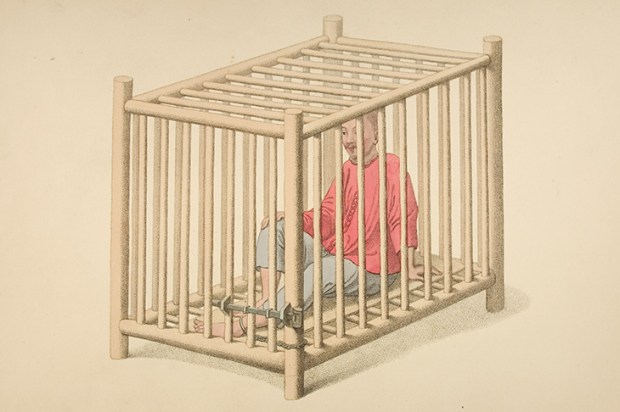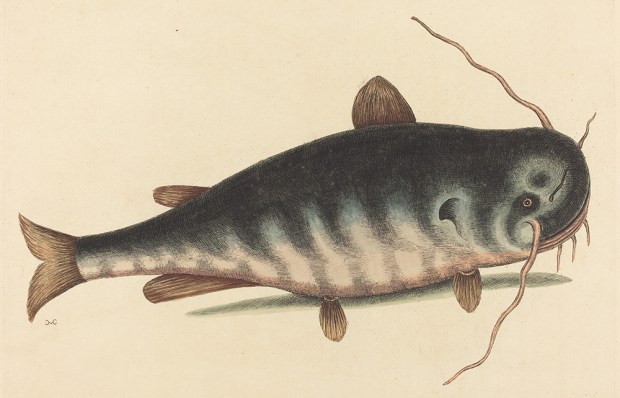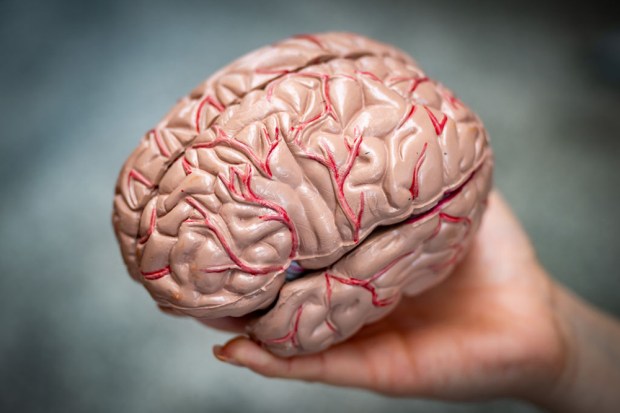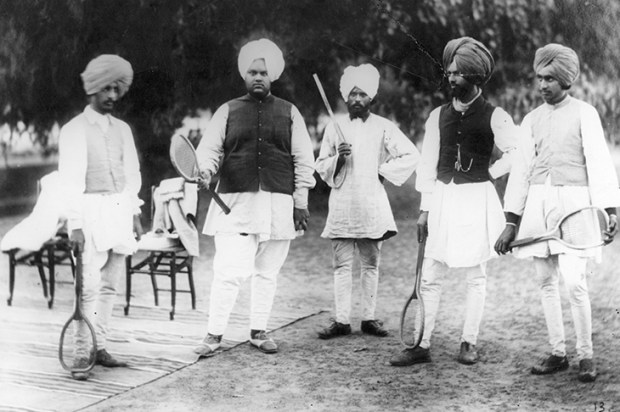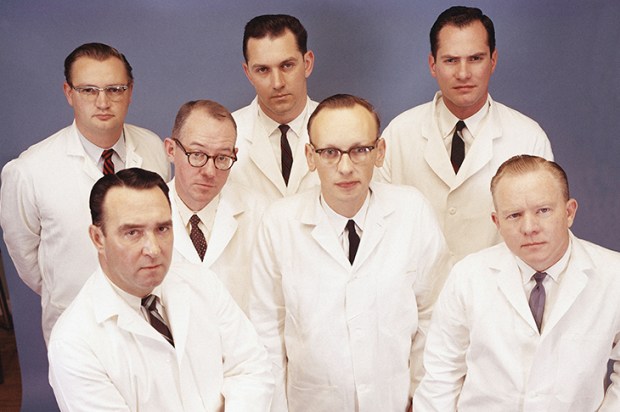Given the time of year we must once again be ready to pull sour faces and make rude noises when anyone says ‘daylight savings’ in our presence. It is not plural. There is no terminal ‘s’. Why people keep doing this I cannot understand. The (singular) expression ‘daylight saving’ names a single technique, or method, for making more use of evening daylight during the summer months – one technique (or methodology) in the singular. If it were like a bank account with ‘savings’ there would also be ‘daylight withdrawals’ in winter. Until that happens, stick to ‘daylight saving’!
I keep running into ‘brat’ as the trendiest word of the moment. Dictionary.com says that, ‘In modern pop culture, the word brat refers to someone who is confidently rebellious, unapologetically bold, and playfully defiant. This new definition celebrates individuality and a carefree attitude, often with a hint of sass and a love for fun. Being labelled “a brat” or “bratty” in this context is more of a compliment, recognizing a person’s ability to challenge norms and express themselves freely without concern for conventional expectations.’
Of course, there is real word ‘brat’ that has been part of English since around 1513, originally just meaning ‘a child’. The great Dr Johnson in his monumental dictionary said it was a ‘contemptuous’ name for a child. And in more recent memory ‘brat’ has come to mean ‘a child who behaves badly’.
And then the Collins Dictionary adds that a ‘brat pack’ is ‘a group of young people, especially actors or writers, who are popular or successful at the moment.’
It seems to people of my generation an odd word to use –how do you get from an annoying, irritating, badly behaved child to being popular or successful? The cognitive leap looks enormous. Dictionary.com offers this explanation: ‘Historically, brat carried negative connotations, describing children who were unruly or spoiled. However, as societal views on self-expression and nonconformity shifted, the term began to acquire a more positive spin, especially within music and fashion circles.’
And according to the Merriam-Webster you don’t have to be a child to be a ‘brat’ – just immature.
Got something to add? Join the discussion and comment below.
Contact Kel at ozwords.com.au
You might disagree with half of it, but you’ll enjoy reading all of it. Try your first month for free, then just $2 a week for the remainder of your first year.


